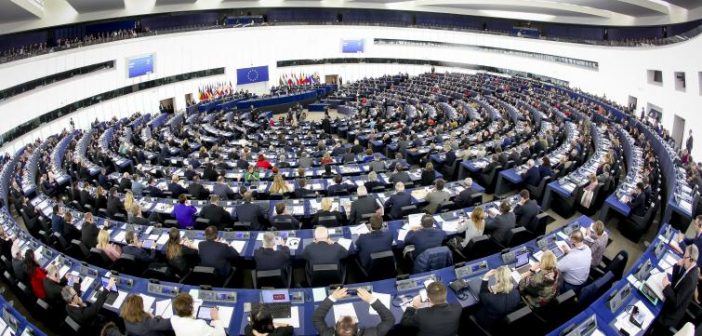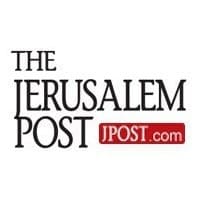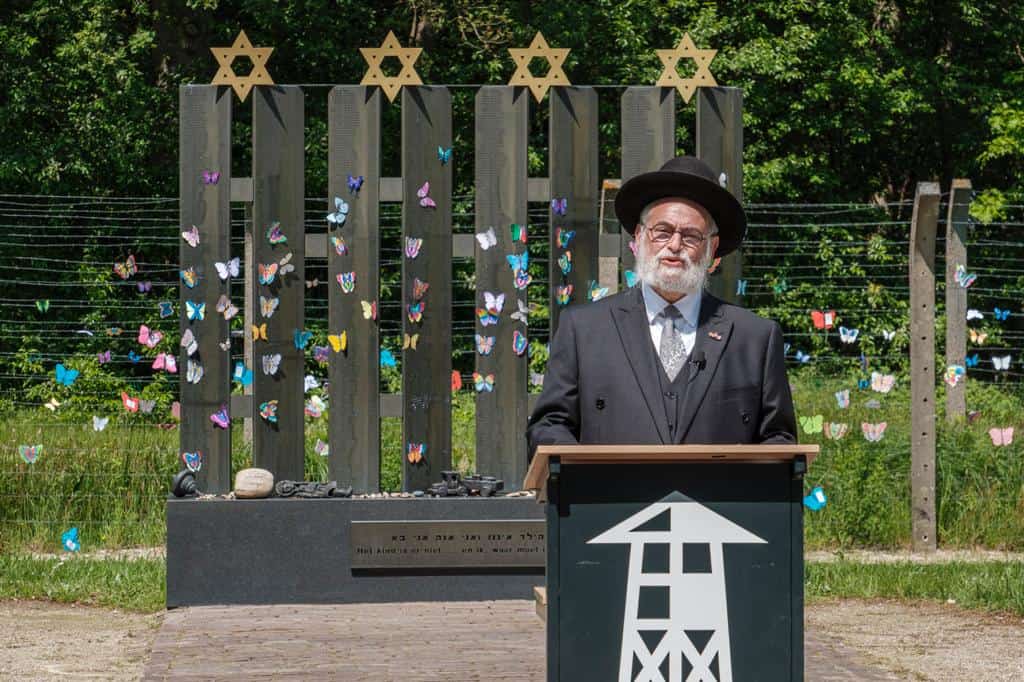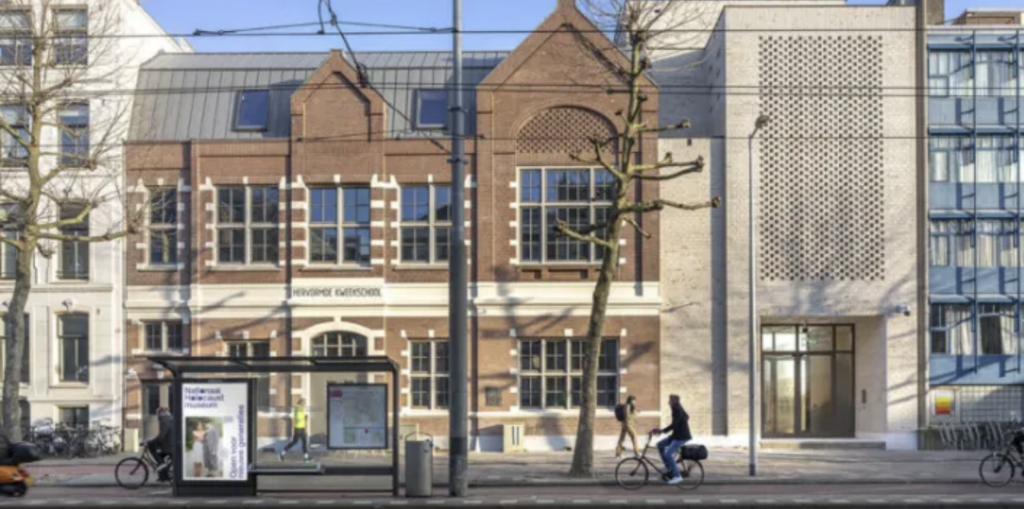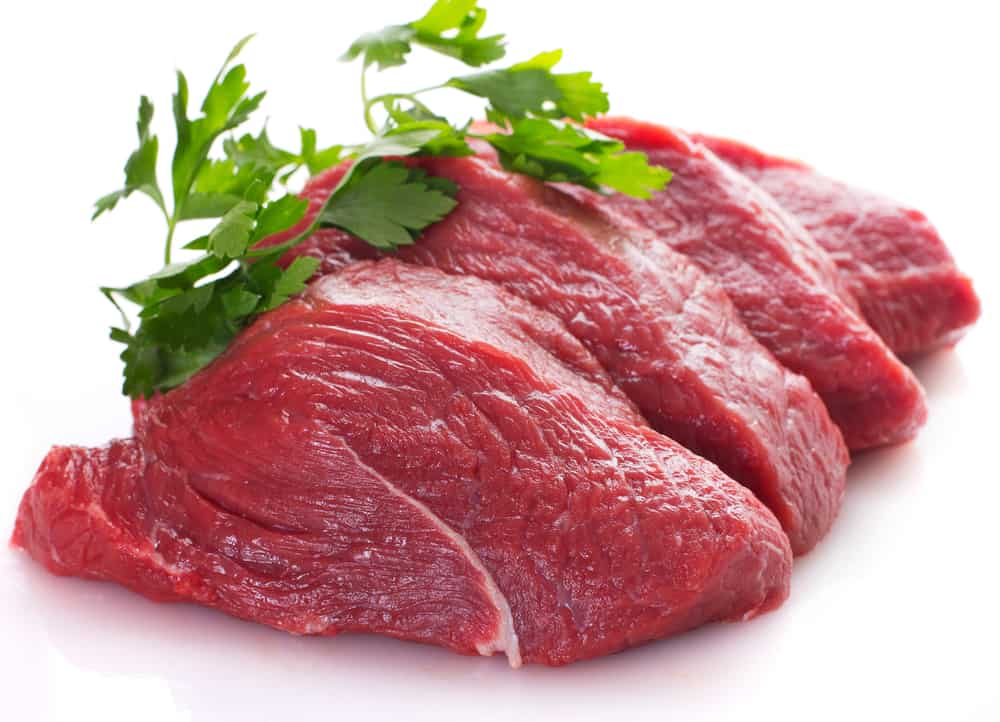A resolution owverwhelmingly adopted by the European Parliament states: “Whereas Hezbollah still controls key ministries in the Lebanese Government; whereas Hezbollah has been listed as a terror organisation by several EU Member States; whereas Hezbollah has repeatedly shown its strong ideological allegiance with Iran, which is destabilising the Lebanese Government and undermining its much-needed cohesion.”
In a resolution on Lebanon adopted earlier this week, the European Parliament clearly stated that Hezbollah is responsible for the country’s devastating political and economic crisis and the repression of the 2019 popular movement.
The resolution, which was adopted with a overwhelming and cross-party support, stresses the need for full Lebanese sovereignty and laments detrimental outside interference.
The text reads: “Whereas Hezbollah still controls key ministries in the Lebanese Government; whereas Hezbollah has been listed as a terror organisation by several EU Member States; whereas Hezbollah has repeatedly shown its strong ideological allegiance with Iran, which is destabilising the Lebanese Government and undermining its much-needed cohesion.”
The resolution further threatens “the introduction of targeted sanctions for obstructing or undermining the democratic political process.”
The text was adopted with 575 yes votes, 71 no votes and 39 abstentions.
The resolution said that the European Union should still consider imposing sanctions on Lebanese politicians who block the progress of the new government.
Taking note of Lebanon’s formation of a government two weeks ago after more than a year of political deadlock, the European Parliament, meeting in Strasbourg, said EU governments cannot yet release pressure on the country.
Despite the fact that EU foreign policy chief Josep Borrell told the European Parliament that the time for sanctions had passed because of the formation of a government. The EU has welcomed the announcement of the new government led by Prime Minister Najib Mikati.
The European parliament “deeply urges Lebanese leaders to keep their promises and be a functional government”, the resolution said.
The EU agreed in June to prepare travel bans and asset freezes for Lebanese politicians accused of corruption and obstructing efforts to form a government, financial mismanagement and human rights abuses.
EU must take stand against Hezbollah, say ECR MEPs
The European Conservatives and Reformists (ECR), a center-right political group in the EU parliament, strongly welcomed the adoption of the resolution. ‘’The ECR Group endorses the European Parliament’s view that Hezbollah is responsible for Lebanon’s devastating political and economic crisis and the repression of the 2019 popular movement.”
” For the first time, MEPs have recognised the organisation’s strong ideological allegiance with Iran which acts to destabilise Lebanon,’’ it noted.
For the group, Swedish MEP Charlie Weimers said the resolution ‘’greatly challenges the left-liberal groups to come to terms with Hezbollah’s true terrorist nature and to do away with the made-up distinction between the so-called military and political wings of the organisation.’’
‘’It is a distinction that is strongly denied by Hezbollah’s deputy leader, Naim Qassem, himself who stresses that Hezbollah has one single leadership and that no distinction between wings exists,’’ Weimers added.
“This must be the European Parliament’s strongest condemnation yet of Iran and their terror proxy Hezbollah for undermining the stability of Lebanon,” said Daniel Schwammenthal, Director of the AJC Transatlantic Institute.
“European lawmakers have thus sent a clear warning to the regime in Tehran and their Shiite terror group that it is no longer business as usual. The Lebanese people deserve freedom, democracy and prosperity–neither of which will be attainable as long as Hezbollah and Iran can continue to drag the country into corruption, crime and war,” he added.


